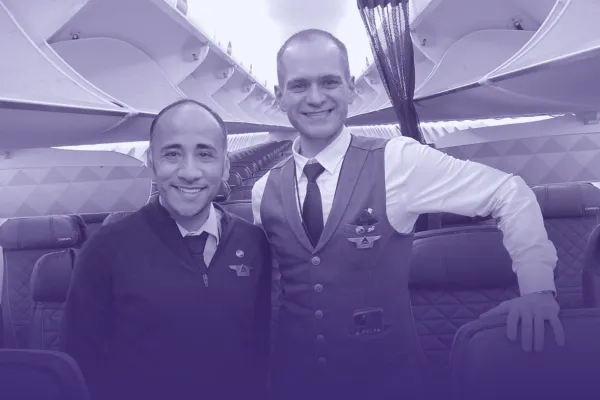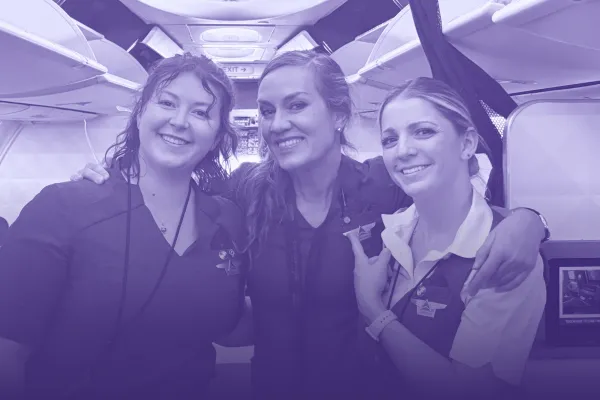Night Pay: Promised in 2017, Quietly Pushed Aside in 2025
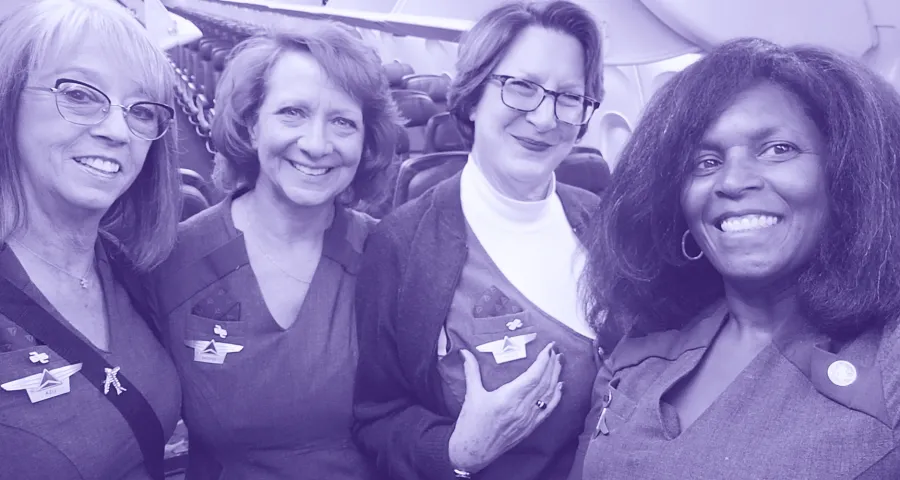
Delta claims “with our direct relationship, Delta Flight Attendants don’t have to go through years of tumultuous negotiations with no guarantees of the outcomes.” But let’s look at what actually happened with just ONE of the most basic and widely supported asks from Flight Attendants: Night Premium Pay.
What We Were Promised
Night Pay was proposed in the 2016 System Poll and formally approved by the EIG Voting Body in 2017. The idea was simple:
- $0.50 extra per hour for flying between 9:00 PM and 6:00 AM, based on local time at the last point of departure.
It mirrored United AFA’s contract and was aimed at fairness — overnight flying takes a toll on our health, safety, and family life. Not to mention can mess-up our sleep schedule for days.
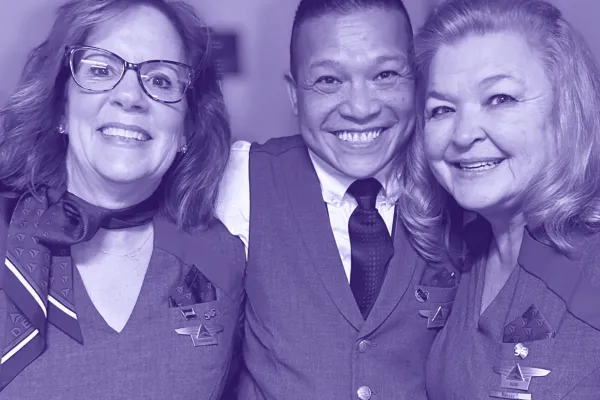
Here’s What Actually Happened
Despite being approved eight years ago, Night Pay was never implemented. Now, in 2025, the EIG is recommending that the proposal be withdrawn altogether.
And it gets worse:
- The withdrawal proposal was dated July 2, 2025
- Quietly posted to Deltanet on July 22 at 4:40 PM — no email, no text, no post on SkyHub
- The final vote is scheduled for August 5, leaving little time for feedback or challenge
This isn’t accountability. This is avoidance.
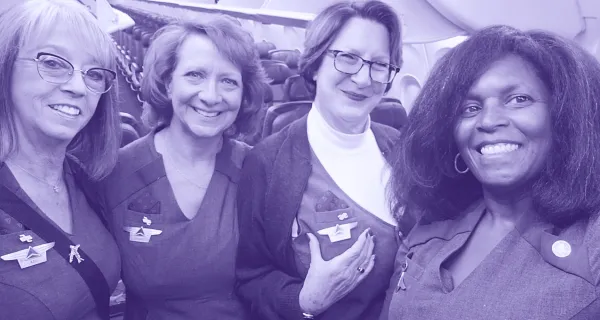
So why is the EIG — the group Delta management says speaks for us — recommending we take this off the table?
Because at the end of the day the members of the EIG are accountable to Delta management. The EIG can never fill the void of not having a union. It has no negotiating power, no enforcement mechanisms, and no independence from management.
How This Would Be Different With Our Delta AFA Union
In a union contract negotiation, this conversation would look completely different.
Would we ever consider removing Night Pay from a proposal? Maybe — but only if we were using it as leverage to win something bigger: reroute pay, off-day restoration, stronger scheduling protections, industry-leading pay, retirement improvements, or other enforceable gains that Flight Attendants actually prioritize.
Any decision like that would be made at the table, by elected Flight Attendant representatives that are accountable to us, not behind closed doors by a management-run group. And most importantly - we’d have the ability to say “No.”
And unlike the EIG, which can remove approved items at will, anything in a union contract is legally binding and enforceable. Our priorities wouldn’t just be quietly taken off the table without our consent.
Management loves to throw contract timelines in our faces. “A contract could take years,” they warn. But here’s the truth: this isn’t a contract. It’s one proposal. One item. And Delta still couldn’t make it happen in eight years.
That’s the reality of a system where Flight Attendants don’t have binding agreements. We ask. They delay. Then they decide we don’t need it after all.
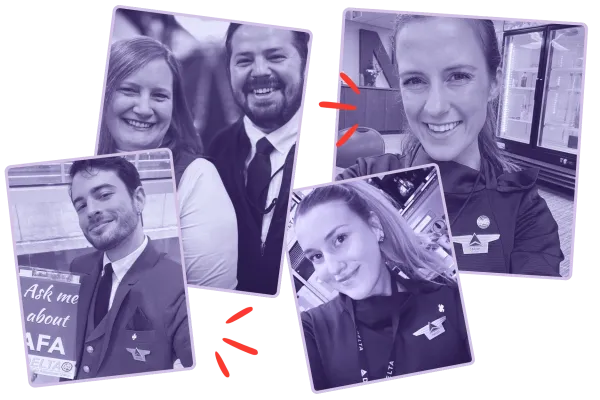
The EIG is arguing against Night Pay—not because Flight Attendants don’t want or deserve it, but because their role is to protect Delta’s interests, not ours. They aren’t a union, so when management stalls or refuses something we’ve clearly asked for, the EIG’s job is to manage our expectations not to fight Corporate’s decision.
After eight years of inaction, instead of demanding implementation, they’re telling us we don’t need it anymore. A real union WOULDN'T forego a proposal without using it as leverage for something greater—and only with member input. This is exactly why we’re organizing with AFA: because we’re done asking MANAGEMENT for permission.
It’s time for a new model — one where Flight Attendants don’t have to hope Delta management follows through. One where we have a real say and real power.
That’s what a union is for. That’s what Delta AFA is for.
Let’s make sure Night Pay — and everything else we care about — doesn’t get quietly pushed aside again. Sign your card, connect with your base organizer, & let’s actually make our workplace feel like “The Delta Difference.”
How does Delta's PPT (Paid Personal Time) compare to unionized airlines?


